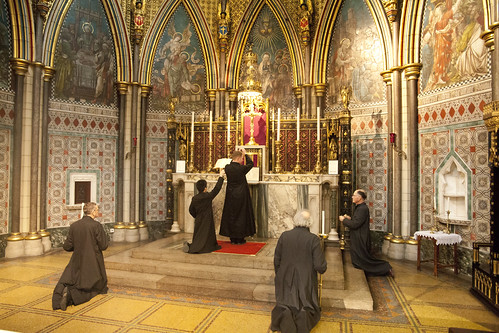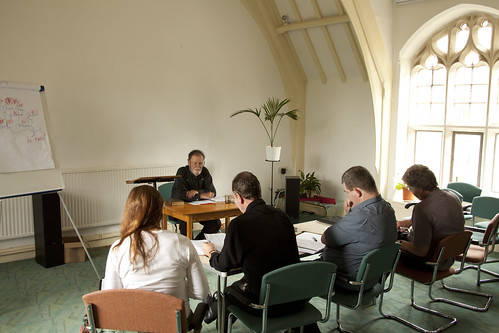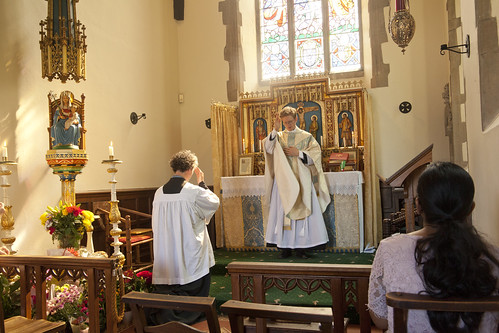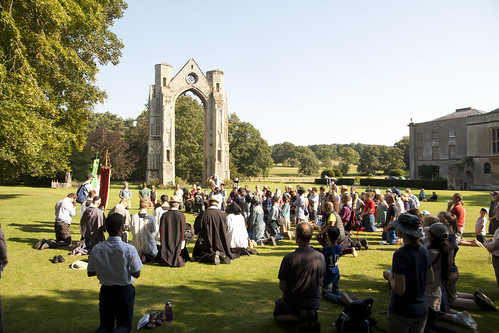Last
October a film was released which included a clip of Pope Francis saying,
of homosexual persons, “they are children of God and have a right to a family.
Nobody should be thrown out or made miserable over it. What we have to create
is a civil union law. That way they are legally covered.”
BBC Radio 4 asked me to say something about the story when it broke. It turned out that I was to be a “conservative” Catholic voice, to be followed immediately by a “liberal” one, to whit the former Editor of the liberal British Catholic weekly, The Tablet, Catherine Pepinster. The BBC journalists were very excited about the Pope’s statement, and thought it presaged a substantive change of Catholic teaching. I happened to be in Rome at that moment, and from my hotel room I tried to calm them down. The big concession the Pope was making, I said, was the very fact that he had said what he had said. He was not about to change the teaching of the Church about sex outside (heterosexual) marriage. His words were designed, not to ready conservative Catholics for such a change, but to console those who are not reconciled to the teaching.
No doubt to the disappointment of the BBC journalists, Catherine Pepinster agreed with me.
We have
been vindicated, now, by a statement from the Congregation for the Doctrine of
the Faith, setting out the position that the Church does not have the power to
bless same-sex unions. The document emphasises that Pope Francis “gave his
assent to the publication of the above-mentioned Responsum ad dubium”.
It seems that he is in favour of homosexual couples having the legal
protections offered by the status of Civil Partnership, but insofar as their
relationship (as the CDF says) “involve[s] sexual activity outside of marriage (i.e., outside the
indissoluble union of a man and a woman open in itself to the transmission of
life)”, then it cannot receive the blessing of the Church. When relationships
are blessed, “it is necessary that what is blessed be objectively and
positively ordered to receive and express grace, according to the designs of
God inscribed in creation, and fully revealed by Christ the Lord.”
Since then Pope Francis has made some qualifying, informal remarks: or possibly not. And the whole media circus goes round again, with rival interpretations and the rest. In the mean time, we’ve just had the bizarre banning of the celebration of (almost all) private Masses in the Vatican basilica. A coincidence, no doubt, but nothing emanating from the Holy See seems to lack a counter-weight, something for the other side of the debate to cheer. Everything is balanced and qualified, obscured by clarifications, and then replaced in the spotlight by the next media-circus act.
This is not just Pope Francis; it is a longer-term feature of the Vatican’s relationship with the media. (Remember Pope Benedict and the condoms?) In order not to go crazy watching the Barque of St Peter apparently tacking wildly in one direction and then another, it is useful to hang on to the distinction Catherine Pepinster and I ended up agreeing one. As Shakespeare’s Henry VIII, about to trash the wretched Cardinal Wolsey, remarks, “words are no deeds.”














